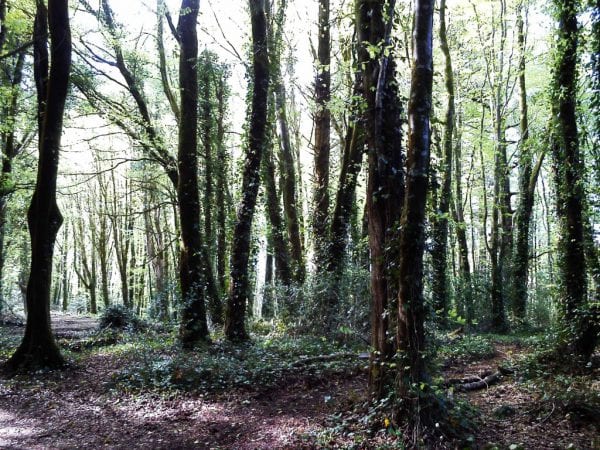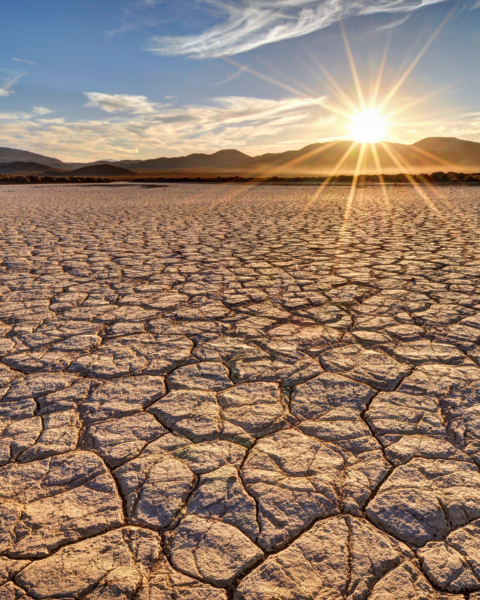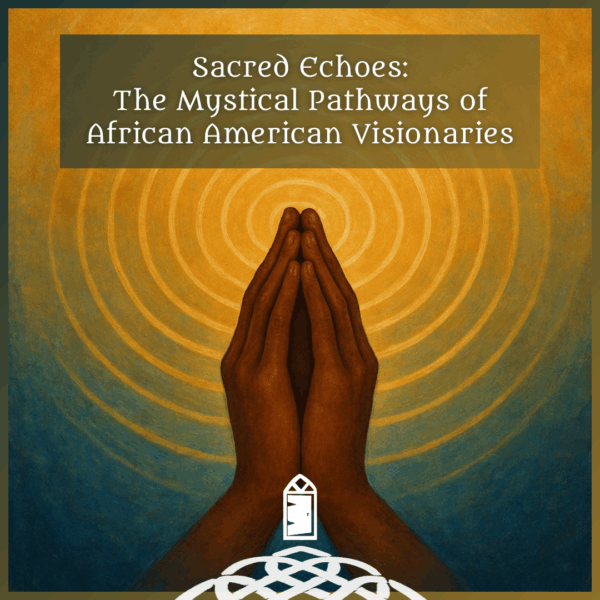 Dearest monks and artists,
Dearest monks and artists,
Let mystery have its place in you; do not be always turning up your whole soil with the plowshare of self-examination, but leave a little fallow corner in your heart ready for any seed the winds may bring, and reserve a nook of shadow for the passing bird; keep a place in your heart for the unexpected guests, an altar for an unknown God.
— from Amiel’s Journal, translated by Mrs. Humphrey Ward
John Cassian, one of the ancient desert fathers, describes three renunciations he says are required of all of us on the spiritual journey. The first is our former way of life as we move closer to our heart’s deep desires. The second is the inner practice of asceticism and letting go of our mindless thoughts. The third renunciation is to let go of our images of God—the idols we cling to so tightly—and to recognize that any image or pronouncement we can ever make about God is much to small to contain the divine. Even the word “God” is problematic because it carries with it so many interpretations and limits based on our cultural understandings.
We live in an age when fundamentalism has emerged as an overwhelming force in religious consciousness. In times that are chaotic and uncertain, our human minds grasp for a sense of control. One of the ways we try to make sense of things is to engage in black and white thinking. Establishing clear rules for how the world works, and who is inside and outside of God’s sphere, is a way of coping with this felt loss of an anchor or shared cultural sense of meaning.
The via negativa or apophatic way in Christian tradition, which means the way of unknowing, demands that we talk about God only in terms of negatives, or what God is not. It helps to cleanse us of our idols. Alan Jones, in his book Soul-Making, writes, “We can only say that God is both unknowable and inexhaustible.” Humility is required. We are so attached to our ideas of who God is and how God works in the world. Ultimately, what the desert journey demands is that we let go of even this false idol and open ourselves to the God who is far more expansive than we can behold or imagine.
Letting go of our images of God can be terrifying. It is often the result of an experience of suffering in our lives, when our previous understanding is no longer adequate to give meaning to what has happened to us. When my mother died suddenly in my early thirties, I was thrust into the desert. All of my certainties about God and life were stripped away and I was left raw and frightened. Many people offered trite words and shallow comfort in my grief, they were not willing to sit with me in the darkness, but only hoped to rush me through to a place of light.
This is the mystical experience of the “dark night of the soul,” when old convictions and conformities dissolve into nothingness and we are called to stand naked to the terror of the unknown. We must let the process move through us—one which is much greater than we can comprehend. We can never force our way back to the light. It is only in this place of absolute surrender that the new possibility can emerge. We don’t just have one dark night in our lives, but again and again, as we are called to continue releasing the images we cling to so tightly.
Sheri Hostetler is a Mennonite poet whose poem “Instructions” begins, “Give up the world; give up self; finally, give up God.” Her choice of words is certainly provocative and when I have read this poem in classes and on retreats, I encounter a wide range of reactions from a visible sigh of relief to the anxious confusion over whether I am proposing a kind of atheism.
In some ways I am, at least in the way that Christian mystic Simone Weil speaks about it. She tells us that “there are two atheisms of which one is a purification of the notion of God.” This is the call of the desert elders: to let go, let go, let go, and let go some more, on every level of our lives, to everything we cling to, including, or especially our ideas about God. As soon as our human minds begin to fashion categories, we risk making idols of them.
We let go of who we are certain God to be and cultivate an openness to the One who is far beyond the horizons of our imagining. In the Book of Job, God challenges Job’s desire for understanding and asks “where were you when I laid the foundation of the earth?” God is never a set of concepts to be understood and grasped, but a relationship to encounter and engage. In this way, the spiritual life is always a journey and in process. We do not let go once and for all, but move through the layers of clinging in our lives until we are living more from our hearts than our minds. We do not arrive, but travel toward the horizon, realizing that it is always receding from our view.
This Lent I will fast from the places in my life where I crave certainty and sure outcomes, and release them to the great Mystery. I will celebrate a God who is infinitely larger than my imagination and I will rest in the possibilities that affords.
With great and growing love,



